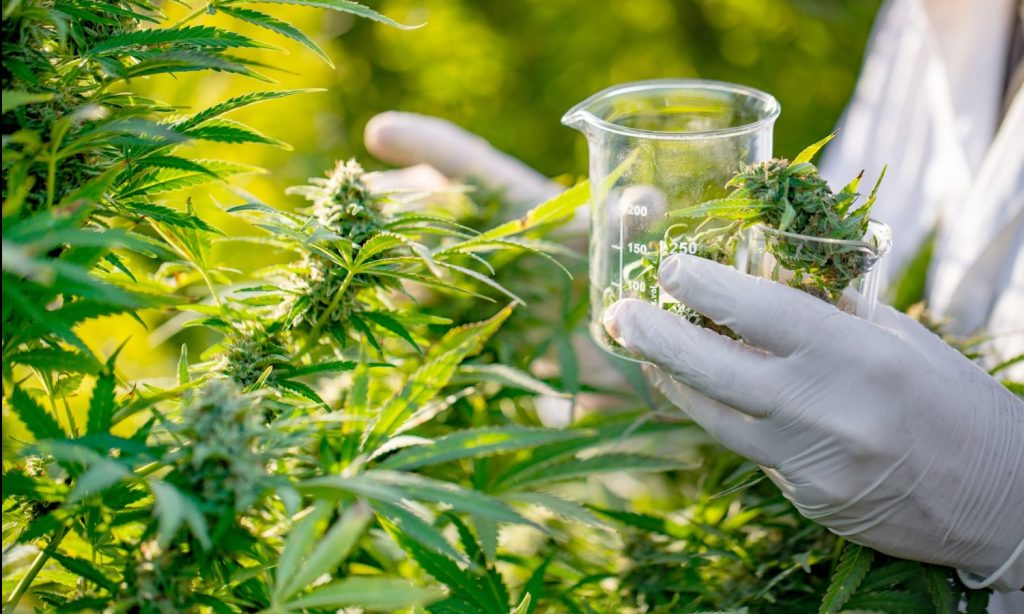Following the results of the 2020 presidential election, cannabis advocates across the nation breathed a sigh of relief; for the first time in our history, cannabis decriminalization was being supported by the party in office. Since 2012, 15 states and Washington, DC, have legalized cannabis for adults over the age of 21. And 36 states have legalized medical cannabis — meaning that a majority of Americans now have some form of access to cannabis, whether medically or recreationally. On December 4th, the House passed the Marijuana Opportunity, Reinvestment, and Expungement (MORE) Act, a historic bill which will remove cannabis from the Controlled Substances Act and serves as the first step in ultimately deciding the fate of federal decriminalization in the United States.
But, as proponents are keenly aware, major changes will need to be made at the regulatory level to ensure decriminalization rolls out effectively across the country, while setting the United States up for federal legalization in the not-so-distant future. So, where better to look for lessons learned on the path to legalization, than Canada?
Lessons from the North
The cannabis industry has made major strides across North America over the last few years, including Canada, which federally legalized cannabis two years ago. Having already forged the path, Canada can now serve as a case study for the United States as it takes its first step toward legalization, through decriminalization, offering guidance into best practices for launching a new legal industry, and warnings of the costly repercussions of unpreparedness, inexperience, and premature rapid growth.
While the legal Canadian market took off as investors took interest, growing the market to hit CAD $908 million in online and retail store sales within the first year, the numbers fell well short of analysts’ initial projections as a poorly executed retail distribution framework and high costs had many consumers turning to the legacy market. Within a year of legalization, the industry was experiencing mass layoffs and major executive changes at some of the country’s largest producers, alongside multi-billion-dollar stock-market losses. Initial product shortages were then followed by a massive surplus in inventory, with licenced producers reporting more than 400 metric tonnes of excess supply that forced price reductions as they dealt with overflowing warehouses. To ensure a successful transition from decriminalization to legalization, while avoiding the pitfalls that the Canadian industry faced, the US will need to focus on five major areas.
1. Prioritize distribution channels
The US’s ability to capitalize on rapid growth will start with having a proper retail distribution structure. Where Canada struggled in this regard, lacking the infrastructure to approve enough retail licenses to meet the distribution needs of producers, the US needs to use this opportunity to establish a sufficient retail distribution framework to ensure that producers can get their products into the hands of consumers in a timely manner.




